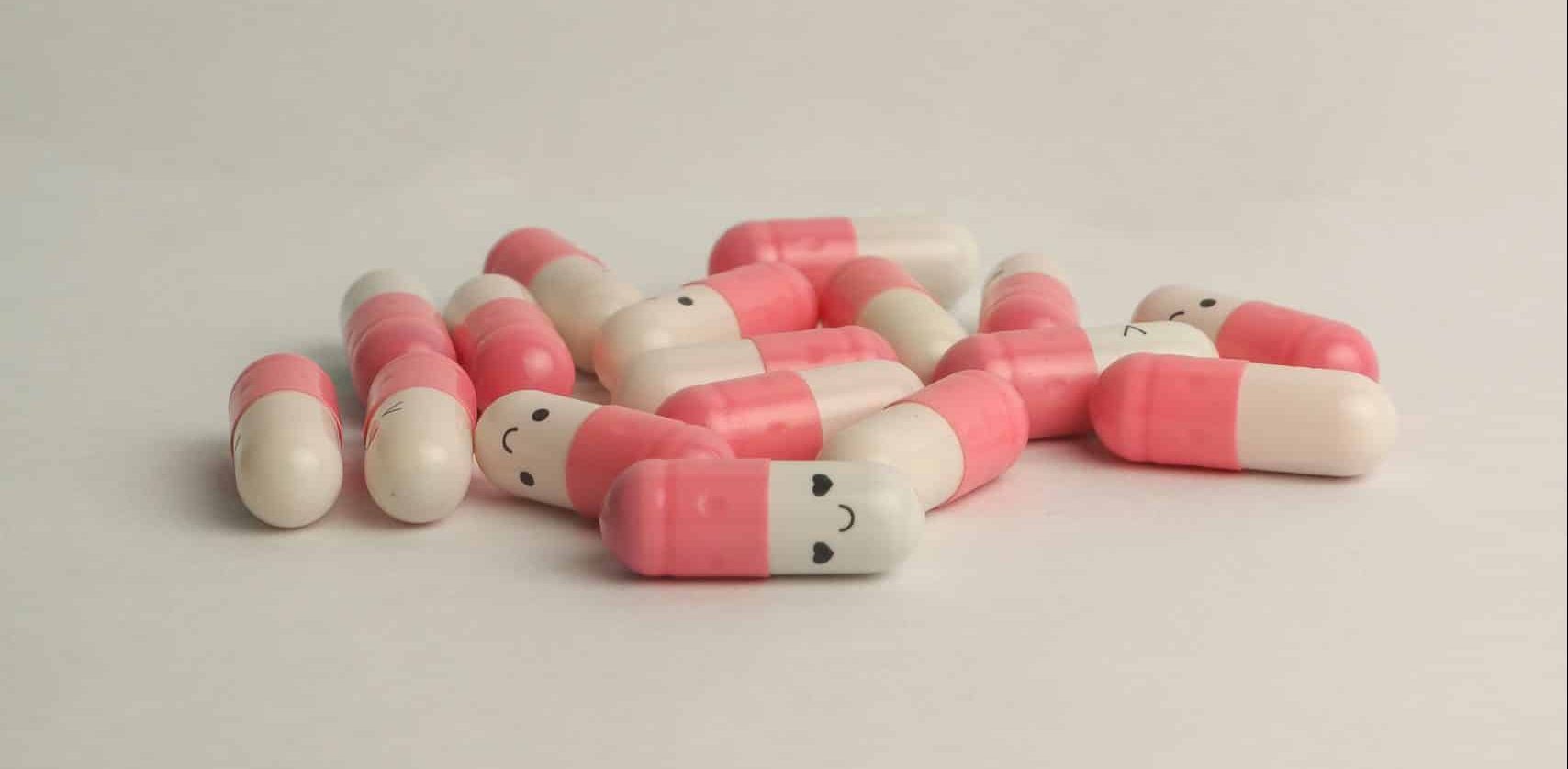 Alistair Appleby is a GP for the Highland Health Board, and Honorary Senior Clinical Lecturer at the University of Aberdeen. He is on X: @DrAlAppleby
Alistair Appleby is a GP for the Highland Health Board, and Honorary Senior Clinical Lecturer at the University of Aberdeen. He is on X: @DrAlAppleby
Orthodox science offers us a powerful model, but some of its more basic propositions have serious limitations in medicine.1* The first proposition is that the universe is governed by physical laws that operate in invariable fashion. The second is that we can understand the effects and activity of large things by investigating the properties of the small things from which they are comprised. These ideas have resulted in incredible cures like thyroxine for hypothyroidism and insulin for type 1 diabetes. But many of the disorders facing doctors today have a distinctly different feel to them, and we find many of our treatments working sporadically and not entirely predictably.
Missing molecule disorders: the simple does not always explain the complex
In the cases of hypothyroidism and type 1 diabetes, the discovery of a molecule of which the patient is deficient, and its replacement, results in almost complete alleviation of the consequences of the disorder. This missing molecule type of approach is a powerful validation for the basic sciences and for a conviction that this method may apply to a wide range of disorders. The missing molecule framework might imply that a drug treatment should always work if the dose and diagnosis is correct; however, this has not always proven to be the case. Selective serotonin re-uptake inhibitors have not done for depression what thyroxine has for hypothyroidism.2*
“This missing molecule type of approach is a powerful validation for the basic sciences and for a conviction that this method may apply to a wide range of disorders.”
‘What works, for whom, and in what circumstances?’ has become a key discussion in medicine. Even in randomised controlled trials, it appears that contextual factors (those other than the studied drug or intervention) are probably at least as important as the intervention itself.3 It might be argued that as we know more about the natural world, for example, tailoring our treatments according to patient’s genetics, the better our treatments will work. This may be correct, but even within genetics the basic biological gene as blueprint model is breaking down in favour of less predictable modes of action.4
Physical laws only act in certain contexts
Critical realism, a philosophy of science that incorporates complexity and systems theories, may help us to understand how medical science appears not always to follow the premises of the basic sciences. It suggests that rather than physical laws that always act, whatever the context and circumstances, that it would be more accurate to think about forces and tendencies that only act in limited circumstances.5
In a very basic science experiment, we can demonstrate the explosive property of hydrogen. However, this property is only realised when oxygen and a source of ignition is present, a property which is lost entirely when hydrogen is bonded to oxygen as water. So, might it be better to say that hydrogen has a tendency to be explosive, when present in gaseous and unbound form, and in the context of oxygen and an ignition source?
In a medical example, it is clear that antibiotics tend to kill or prevent the replication of certain bacteria. But the success of the antibiotic may depend on certain contexts: for example, an intact immune system and/or a controlled blood sugar. Another example might be the case of chronic pain and opiates. It appears that opiates are highly effective in short-term post-operative pain, but detrimental in chronic primary pain.6 In this latter condition, cognitive behavioural therapy may be among the most effective treatments. This is difficult to understand through an orthodox small-to-large, simple-to-complex account of causality, and defies the missing molecule model.
This sort of empirical evidence must challenge notions of the invariant effect of physical laws in medicine, and the idea that we will consistently find treatments of complex disorders among simple biochemical pathways.
“Our treatments … may be better understood as one of multiple contributors to the healing process, many of which cannot be purified, isolated, or manufactured.”
Critical realism proposes that we think about cause and effect in a different way. Instead of assuming that chains of events begin with molecular or cell-based disorder, critical realism suggests that reality is stratified,7 and that an event can be initiated or caused in any stratum. So, while there may be a cellular or biological cause of disease, there may also be cognitive, social, or political ones. A constellation of events or circumstances, arising in social, relational, or cognitive domains, as well as in physical ones, may be necessary for a disease process to be initiated rather than a single molecular or gene defect.
To take another medical example: both fluid overload and loneliness claim empirical evidence for contributing to heart failure.8 Orthodox science might struggle to apprehend how a non-physical factor like loneliness can affect the natural order. However, this sort of cause and effect — whereby an immaterial factor such as loneliness can affect physiology — is consistent with critical realism, where the properties of complex systems are seen as capable of acting back on the physical realm. For critical realists, as for most practicing clinicians, there is agreement that a chain of effects can be initiated in a cognitive or social domain, an example of what is referred to as downward causation.
Critical realism offers a theoretical framework that reflects what wise clinicians instinctively know: medical disorders do not always arise as single events at molecular or cellular level but can be generated at one, or multiple levels, of complexity through numerous contributory factors: at molecular, biological, social, cognitive, political, spiritual, environmental, and many other levels. Our treatments have powerful effects, but rather than working without fail so long as the diagnosis and treatment are correct, they may be better understood as one of multiple contributors to the healing process, many of which cannot be purified, isolated, or manufactured.
*Deputy editor’s note — see also:
Appleby A. What makes science possible? BJGP Life 2024; 10 May: https://bjgplife.com/what-makes-science-possible (accessed 21 Jun 2024).
Khan N. The serotonin theory of depression and why we use antidepressants. Br J Gen Pract 2022; DOI: https://doi.org/10.3399/bjgp22X721109.
References
- Vogt H, Ulvestad E, Eriksen TE, Getz L. Getting personal: can systems medicine integrate scientific and humanistic conceptions of the patient? J Eval Clin Pract 2014; 20(6): 942–952.
- Kirsch I, Deacon BJ, Huedo-Medina TB, et al. Initial severity and antidepressant benefits: a meta-analysis of data submitted to the Food and Drug Administration. PLoS Med 2008; 5(2): e45.
- Hafliðadóttir SH, Juhl CB, Nielsen SM. Placebo response and effect in randomized clinical trials: meta-research with focus on contextual effects. Trials 2021; 22(1): 493.
- Noble D. The music of life: biology beyond genes. Oxford: Oxford University Press, 2008.
- Bhaskar R. A realist theory of science. Oxon: Routledge, 2008.
- National Institute for Health and Care Excellence (NICE). Chronic pain (primary and secondary) in over 16s: assessment of all chronic pain and management of chronic primary pain. NG193. London: NICE, 2021. https://www.nice.org.uk/guidance/NG193 (accessed 21 Jun 2024).
- Appleby A. Right idea, wrong science? Should Critical Realism be the new science of medical practice? Br J Gen Pract 2024; DOI: https://doi.org/10.3399/bjgp24X736857.
- Paul E, Bu F, Fancourt D. Loneliness and risk for cardiovascular disease: mechanisms and future directions. Curr Cardiol Rep 2021; 23(6): 68.






